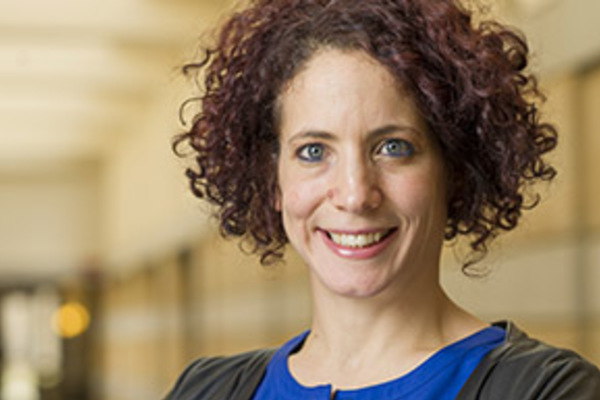Since at least the time of Pope Urban II and the launching of the first Crusade (1096-99), European Catholicism was partly defined in relation to two “others”: the Jews, who were left dispersed as a negative testament for their failure to accept the teachings of Jesus and for their supposed complicity with deicide, constituted the other within; and the Muslims, against whom Christendom came to be articulated cohesively as such, constituted the other without. Recognizing the intricate connections between the Vatican’s relations to both Jews/Israel and Muslims may be pivotal for the ever complex interfaith challenges facing the Church globally.
Commitment to a Cooperative Future
While Pope Benedict XVI’s negatively received 2006 Regensburg address may be his lasting legacy within Muslim contexts, his Jesus of Nazareth-Part II (2011), where he offers – echoing Vatican II – an exoneration of the Jews from the millennia-long accusation for being the killers of Christ, suggests consistency with his most immediate predecessor’s effort to reconcile with the Jews and confront the legacy of Pope Pius XII during WWII (while nonetheless suggesting the canonization of Pius XII and attempting to revoke the excommunication of bishops associated with the Society of St Pius X). Notably, Pope Benedict XVI stressed that the conversion of the Jews should not be a preoccupation of the Church. His historic visit to Israel in 2009 reinforced this general tenor. On the front of Catholic-Jewish relations, the resigning Pope, therefore, may be viewed as operating within the parameters of Vatican II. This apparently generated the recent “Letter of Gratitude” from Israeli Prime Minister Benyamin Netanyahu. “I remember fondly our meeting [in 2009],” Netanyahu writes, “in which you referred to Judaism as Christianity’s elder brother and in which you reaffirmed your commitment to a cooperative future between Christians and Jews”.
And yet, despite Netanyahu’s warmth toward the Vatican, Benedict XVI’s reign reflected the ambivalences of the Vatican with respect to the Israeli Jewish state. This ambivalence goes back to Viennese-Jewish self-appointed spokesperson and visionary of political Jewish Zionism, Theodore Herzl’s unsuccessful audience with Pope Pius X in 1904. The latter, in significant contrast to the Reconstructionist Movement that captivated the imagination of many Protestants in Europe and the United States, responded negatively to the Zionist project and the request of support. According to Herzl’s diary entry, the Pope said: “We cannot prevent the Jews from going to Jerusalem—but we could never sanction it”. This theologically based rejection is still reflective in the post-Vatican II approach to Zionism and Israel (and even after the establishment of diplomatic relations in1993): on the one hand, we see a great emphasis on interfaith acceptance, toleration, and remorse concerning the Church’s legacy of anti-Semitism and accusation of deicide. On the other, one can identify a clear support of the Palestinian cause for nation-statehood that has recently translated into the Vatican’s support of the 2012 UN General Assembly vote recognizing Palestine as a member state, as well as renewed calls for the internationalization of Jerusalem.
Navigating Charged Terrain
Of course, the two tasks of reconfiguring Catholic-Jewish relations and supporting the rights of the Palestinians for self-determination are not necessarily mutually exclusive or contradictory. However, exonerating the Jews from the accusation of deicide is not the same as accepting the theological, historical, and now political centrality of the land within the Jewish imagination and embodied experience. Indeed, all too often the Israeli-Palestinian conflict is perceived as a zero-sum game and the future leadership in the Vatican may want to reflect on how to navigate this charged terrain. This objective carries broad consequences precisely because of how Palestine/Israel resonates symbolically and eschatologically in various contexts and cultural and religious imaginations.
Hence, reconfiguring relations with the Muslim and Jewish others is an intimately interconnected task and one that may require challenging the Zionization of Vatican-Jewish relations. Even while Netanyahu thanked Benedict XVI “on behalf of the people of Israel,” the presumption that Israeli political leadership is the mouthpiece of all Jews the world over is problematic. It elevates the state of Israel and its infrastructure to a church-like position. On the other, de-Zionizing by downplaying (and even denying) Jewish claims and attachments to the physical Zion can easily find affinities with the new wave of anti-Judaism currently found in various Muslim contexts. Considering the recent history of interfaith reconciliation with the Jews this consequence is clearly undesirable.

